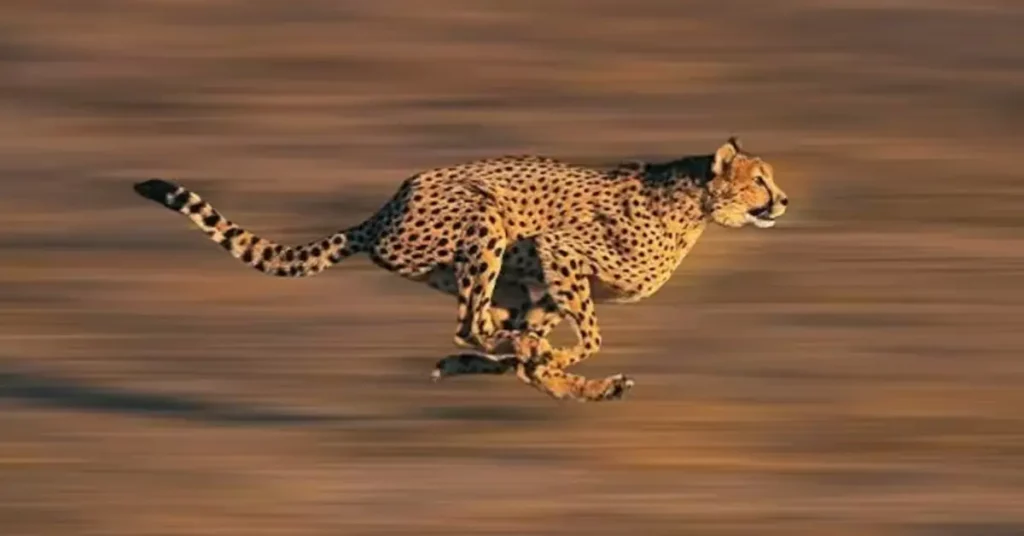New Delhi, India – February 6, 2024 – In a historic conservation initiative, India has signed a landmark agreement with Namibia to reintroduce cheetahs to the Indian subcontinent, rekindling hopes for the return of this majestic species to the country. The agreement, signed on Wednesday, paves the way for the arrival of Namibia’s African cheetahs to a designated wildlife sanctuary in Madhya Pradesh, coinciding with India’s 75th Independence Day celebrations.
India’s last record of Asiatic cheetahs dates back to the past, and by 1952, the species was officially declared extinct within the country. However, the new agreement signals a significant effort to restore the cheetah’s presence in India’s diverse ecosystem.
India’s Environment Minister, Bhupender Yadav, expressed enthusiasm for this groundbreaking endeavor, stating, “Completing 75 glorious years of Independence with restoring the fastest terrestrial flagship species, the cheetah, in India, will rekindle the ecological dynamics of the landscape.” He also emphasized the potential benefits for local communities through eco-tourism opportunities.
The deal, signed in New Delhi with Namibia’s Deputy Prime Minister Netumbo Nandi-Ndaitwah, not only focuses on cheetah reintroduction but also includes collaboration in areas such as climate change, waste management, and wildlife conservation.
The selected site for the cheetahs’ reintroduction is the Kuno National Park in Madhya Pradesh state. This location was chosen due to its abundant prey base and suitable grasslands, which offer an ideal habitat for the cheetahs to thrive.
The Indian Environment Ministry explained the project’s main goal, stating, “The main goal of the cheetah reintroduction project is to establish a viable cheetah metapopulation in India that allows the cheetah to perform its functional role as a top predator.”
The cheetah, India’s only large carnivore believed to have gone extinct within its borders, faced challenges such as hunting for its distinctive pelts and habitat loss. The late Maharaja Ramanuj Pratap Singh Deo is widely attributed to have killed the last three recorded cheetahs in India in the late 1940s.
While Namibia is providing cheetahs for this ambitious project, India is also planning to collaborate with South Africa to import additional cheetahs, although a formal agreement has yet to be reached.
Cheetahs are currently classified as vulnerable under the International Union for Conservation of Nature’s Red List of Threatened Species, with a declining global population of fewer than 7,000 individuals, primarily found in the African savannas. India’s reintroduction initiative is a significant step towards conserving and revitalizing this iconic species on the Indian subcontinent, marking a momentous milestone in the global effort to protect wildlife.




